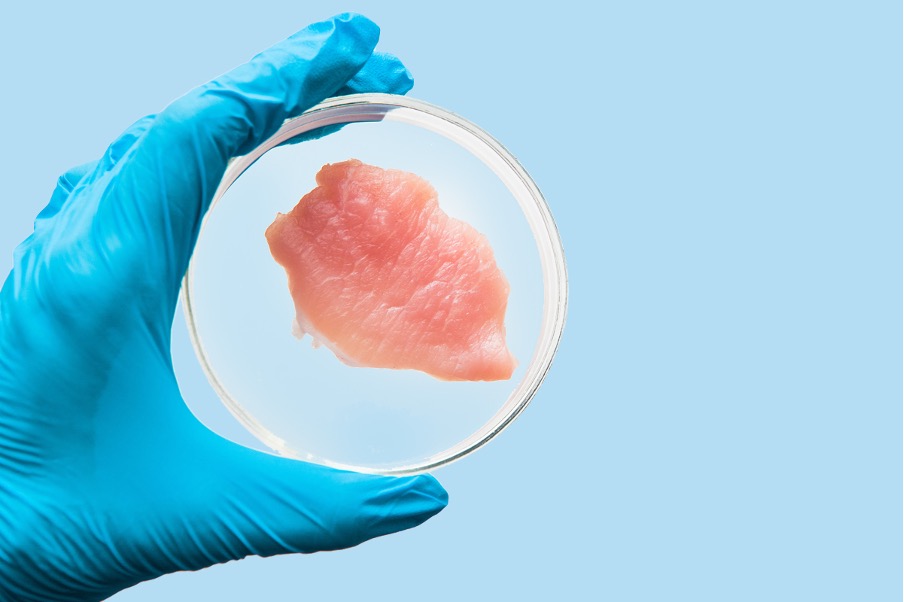A German company, Bluu Seafood, is pioneering the production of lab-grown fish to address the growing demand for seafood that the oceans can’t sustainably supply. By cultivating fish cells in a controlled environment, the company aims to offer a more environmentally friendly alternative to traditional fishing practices.
Located in Hamburg, Bluu Seafood’s research facility is equipped with advanced technology to produce Europe’s first tonne of lab-grown fish. The process involves nurturing fish cells in a nutrient-rich solution, which provides them with the necessary elements to multiply rapidly.
Lab-grown fish offers several advantages over conventional seafood. It eliminates the risk of contaminants like microplastics and allergens, while maintaining the same nutritional benefits. Additionally, it helps conserve dwindling fish stocks and reduces reliance on wild-caught fish.
Bluu Seafood plans to introduce its products initially in Singapore, where cultivated meat is already gaining popularity. With the government’s commitment to locally produce 30% of the country’s food by 2030, lab-grown fish aligns with Singapore’s sustainability goals.
Despite the potential benefits, consumer acceptance remains a challenge. While lab-grown fish offers a sustainable solution, some consumers are hesitant due to concerns about its novelty and safety. However, increasing awareness and understanding of the technology could boost acceptance over time.
Bluu Seafood aims to achieve industrial-scale production of lab-grown fish by 2026 or 2027, leveraging the regenerative capacity of fish cells. By offering a cleaner and more sustainable alternative to traditional seafood, lab-grown fish has the potential to revolutionise the way we meet our seafood needs in the future.

